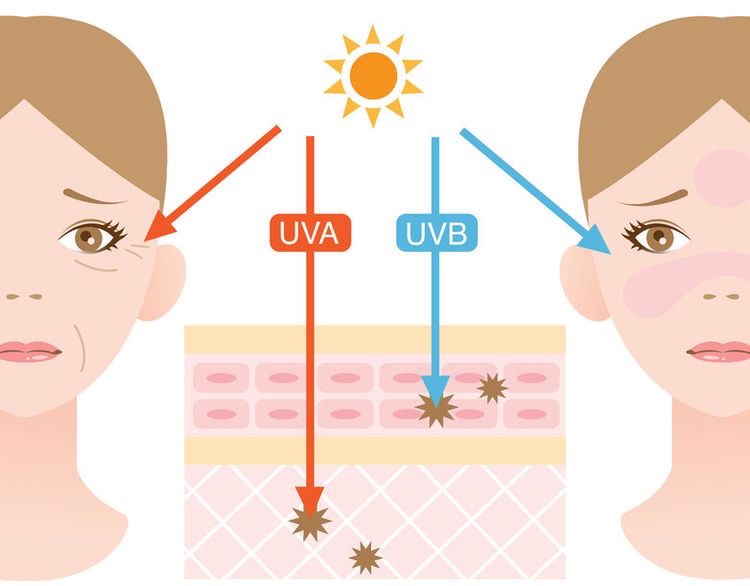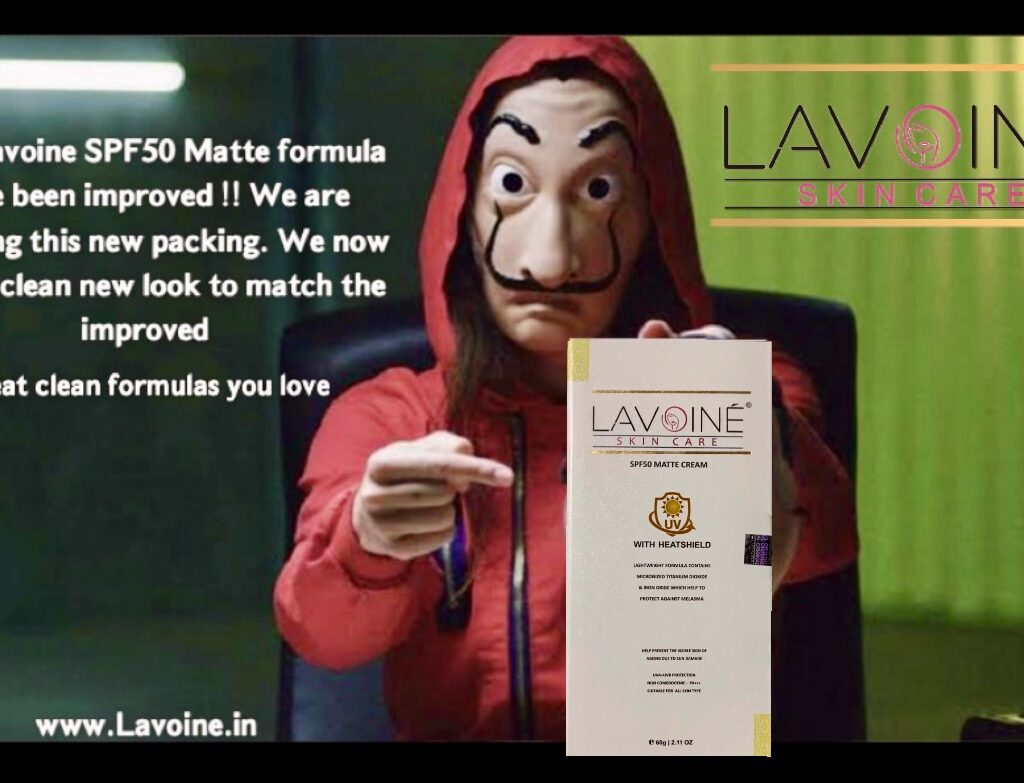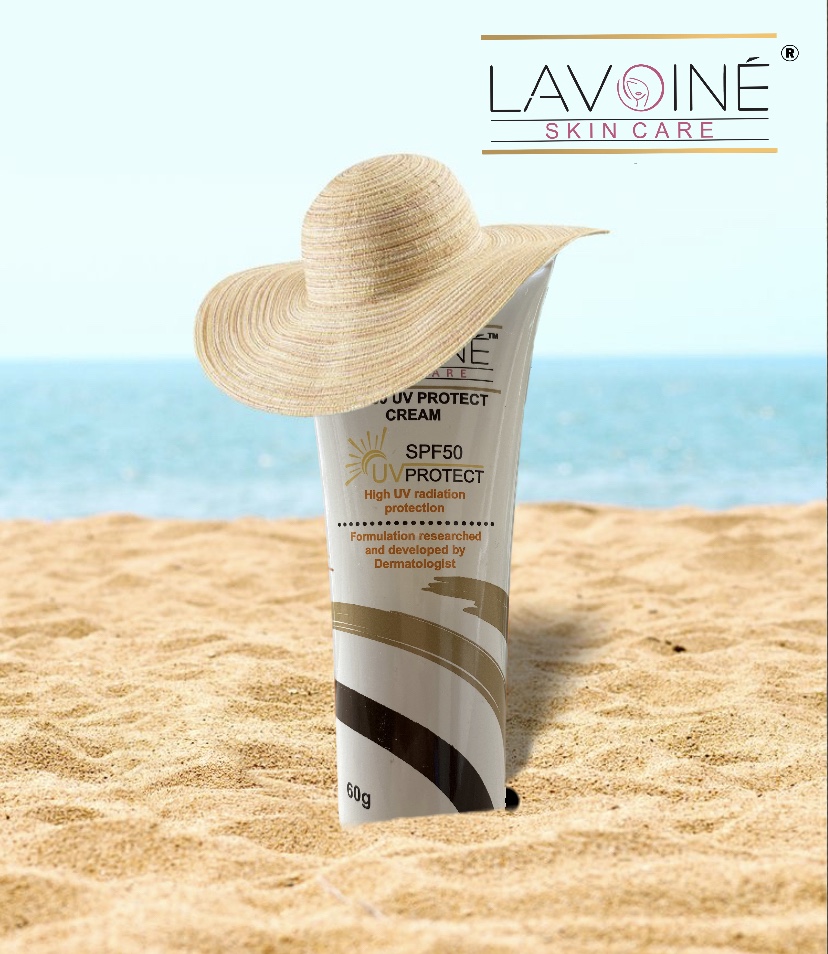Sunlight contains ultraviolet (UV) radiation, which consists of different types of rays. The types of UV radiation you’re probably most familiar with are UVA and UVB rays. These rays can affect your skin in different ways.
In this article, we’ll take a closer look at the key differences between UVA and UVB rays, how they affect your skin, and what you can do to limit sun damage.
What is UV Radiation?
UV radiation is a form of electromagnetic energy. It can come from natural sources, such as sunlight, as well as artificial sources, such as lasers, black lights, and tanning beds.
The sun is the most significant source of UV radiation. It’s the product of a nuclear reaction at the sun’s core, and the radiation travels to earth via the sun’s rays.
UV rays are classified according to wavelength: UVA (longest wavelength), UVB (medium wavelength), and UVC (shortest wavelength).
What you need to know about UVA rays
Here are some important facts about ultraviolet A (UVA) rays and how they affect your skin.
- They have higher wavelengths, but lower energy levels than other UV rays.
- They’re more penetrating than UVB rays, which means they can affect cells deeper in the skin.
- They cause indirect damage to DNA.
- They cause skin to age prematurely, leading to visible effects such as wrinkles. They’re also associated with some skin cancers.
- Unlike UVB rays, they’re not absorbed by the ozone layer. About 95% Trusted Source of the UV rays that reach the ground are UVA rays.
- They cause an immediate tanning effect, and sometimes a sunburn. The effects of UVA rays tend to appear right away.
- UVA rays are the main type of light used in tanning beds.
- They can penetrate windows and clouds.
What you need to know about UVB rays

Here are some important facts about ultraviolet B (UVB) rays and how they affect your skin.
- Relative to UVA rays, UVB rays have shorter wavelengths and higher energy levels.
- UVB rays damage the outermost layers of the skin.
- They directly damage DNA.
- UVB rays cause most skin cancers, but they can also contribute to skin aging prematurely.
- They’re partially absorbed by the ozone layer, but some rays still get through. About 5% trusted sourceof the UV rays that reach the ground are UVB rays.
- Overexposure to UVB rays leads to sunburns Usually, the effects of UVB rays are delayed, or appear a few hours after sun exposure.
- Most tanning beds use a combination of UVA and UVB rays. Special UVB-only tanning beds may be touted as safe, but they still cause skin damage. No tanning beds are safe to use or recommended.
- They don’t penetrate windows, and are more likely to be filtered by clouds.




